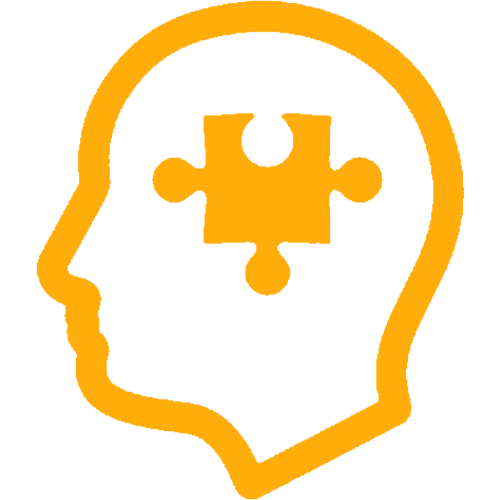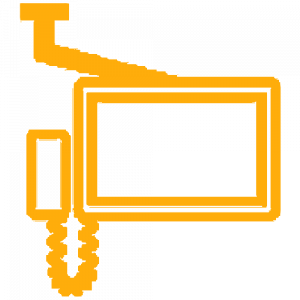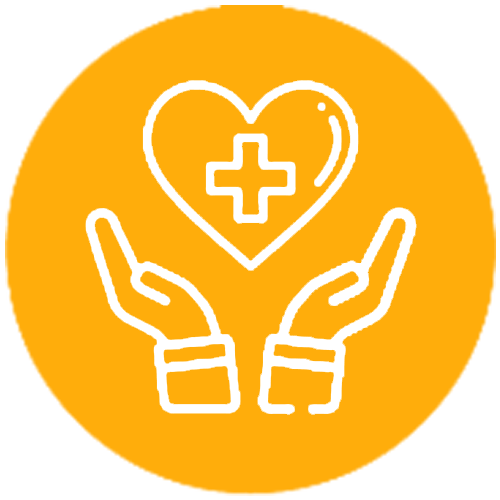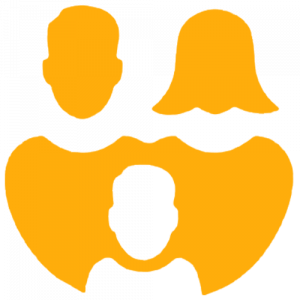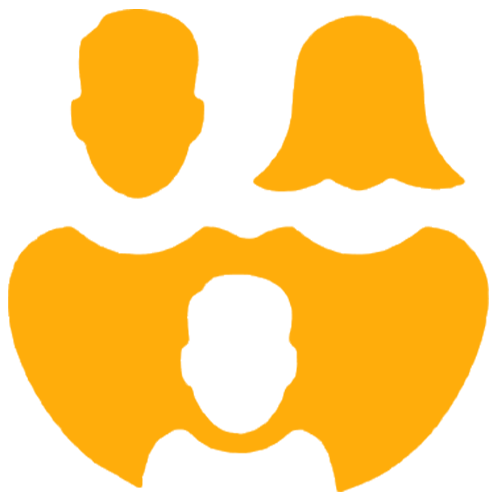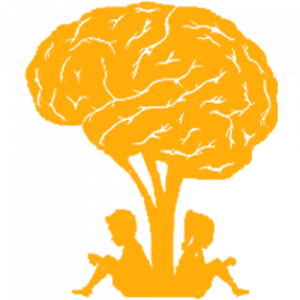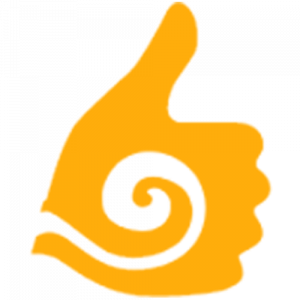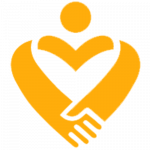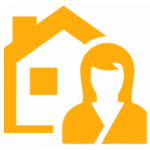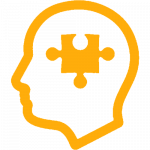Conduct Disorders (CD)
Conduct disorders are characterized by a repetitive and persistent pattern of dissocial, aggressive or defiant conduct. Disorders of conduct may, in some cases, proceed to dissocial personality disorder. It is associated with adverse psychosocial Environment, including unsatisfactory family relationship and failure at school, more commonly noticed in boys. The childhood-onset type is defined by the presence of 1 criterion characteristic of Conduct Disorder before an individual is aged 7 years; these individuals are typically boys displaying high aggressive behaviour levels.
Prevalence
CDs affect approximately 5-8% of the general child population. Prevalence indicated that the estimated rate of conduct disorders in children aged 4-18 has ranged from 2% to 6%. CD rates for youth under age 18 range from 6% to 16% for males and from 2% to 9% for females.
Causes
Conduct Disorder is caused mainly by society, especially by the family, parental rejection, harsh punishment, alcoholic or drug addict parents, an illegitimate child and absent father,
Brain damage, child abuse, genetic vulnerability, school failure, and traumatic life experiences.

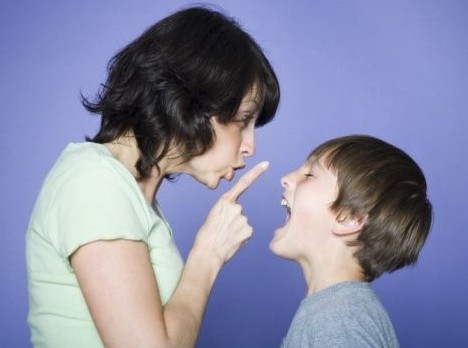
Types of Conduct Disorder
Conduct Disorder Confined To the Family Context
The child involves dissocial or aggressive behaviour with his own family members. Even severely disturbed parent-child relationships are present. There may be stealing from the home, often specifically focused on the money or possessions of one or two particular individuals again focused on specific family members—such as breaking of toys or ornaments, tearing clothes, carving on furniture, or destruction of prized possessions. In some cases, violent is present with siblings and parents.
Unsocialized Conduct Disorder
In this category, the person not mingles with others. There is no emotional bond with anyone- Lack of empathy and Making problems and disturbance for others. Relationships with adults tend to be marked by discord, hostility, and resentment. Typical behaviours’ comprise bullying, excessive fighting, excessive levels of disobedience, rudeness, uncooperativeness, severe temper tantrums and destructiveness to property.

Socialized Conduct Disorder
The person involves in dissocial activities with a peer group in a socially unacceptable manner. The peer group peoples are the same age group or young people. The children Relationships with adults in authority tend to be poor, but there may be good relationships with others. Emotional disturbances are usually minimal, failure in school academic records and attendance.
Oppositional Defiant Disorder
The type of conduct disorder is characteristically seen in children below the age of 9-10 years. Here, the child has negative, hostile, and defiant behavior without serious violations of others’ societal norms or rights. The behaviour may occur in one situation only ( e.g. home) and may lead to social isolation, depression or substance use.
Symptoms of conduct disorder
Behavioural symptoms:
-Excessive levels of fighting or bullying
-Truancy from school and running away from home
-Increased aggression
-Fire-setting
-Stealing
-Lying
-Persistent severe disobedience
-Early exposure to substance use (Alcohol, Tobacco and Cannabis)
-Involving in criminal activities
-Severe destructiveness to property
-Cruelty to animals or other people (family, friends and neighbours)
-Unwanted emotional outburst
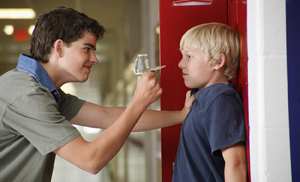

Physical symptoms:
-Presence of sexually transmitted diseases or infections
-Injuries due to violent behaviours
Cognitive symptoms:
-Poor decision-making
-Poor intelligence and understanding
-Difficulty concentrating on responsibilities
Psychosocial symptoms:
-Lack of empathy for people
-Low self-esteem
-Increased irritability
-Low tolerance for dissatisfaction
-Lack of guilt
-No shame for actions or words
Comorbidity disorders:
-ADHD
-Substance use disorders
-Mood disorders
-Specific developmental disabilities
-Anxiety disorders
Diagnosis
-Duration: for the past 12 months with at least one criterion in the past 6 months.
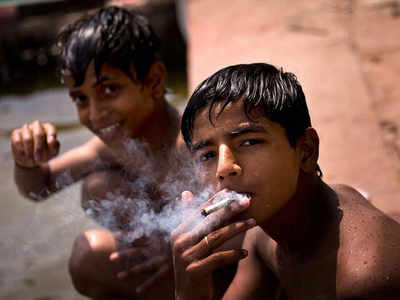
Complication
A person is at risk of experiencing several adverse effects that can have a huge impact on an individual’s life. Possible consequences can occur.
-The conduct disorder persons may develop an anti-social personality and do activities against others in socially unacceptable ways, involving in criminal activities.
-Early exposure to substance use – peer group influence.
-Elevated risk for sexually transmitted disease.
-Possibly of developing other psychiatric disorders
Treatment
Parent Management Training ( PMT)
Parent management training (PMT), also known as behavioural parent /training (BPT) or parent training, is a family of treatment programs that aims to change parenting attitudes and behaviours, teaching parents positive reinforcement methods for improving pre-school and school-age children’s behaviour problems (such as aggression, hyperactivity, temper tantrums, and difficulty following directions)
“These positive reinforcement techniques (such as praise, smiles, and hugs), as well as concrete rewards (such as stickers or points towards a larger reward as part of an incentive system created collaboratively with child), can be useful for any child with disciplinary problems”.
Behaviour Therapy
Behaviour therapy addresses specific problem behaviours by structuring time at home, establishing predictability and routines, and increasing positive attention.
Cognitive Problem Solving Skills Training (CSST)
Cognitive problem-solving skills training (CPSST) efforts to reduce a child’s wrong or disturbing behaviours by teaching the child new skills for approaching situations that previously forced negative behaviour. The behavioural aspect of CPSST involves the moulding of more positive actions, challenging role-playing situations, and rewarding improvement in behaviour, providing helpful feedback on alternative (and more appropriate) ways of handling situations while unwanted behaviour occurs.
Functional Family Training (FFT)
The Functional Family Training model helps troubled youth and their families overcome delinquency, substance abuse, and violence. It is a short-term treatment plan that is made on a groundwork of respect the individuals, families and cultures, but that includes effective treatment strategies that cover the way for motivating individuals and families to become more adaptive and successful in their own lives. It helps to save families though at the same time preventing crime and harassment in public.
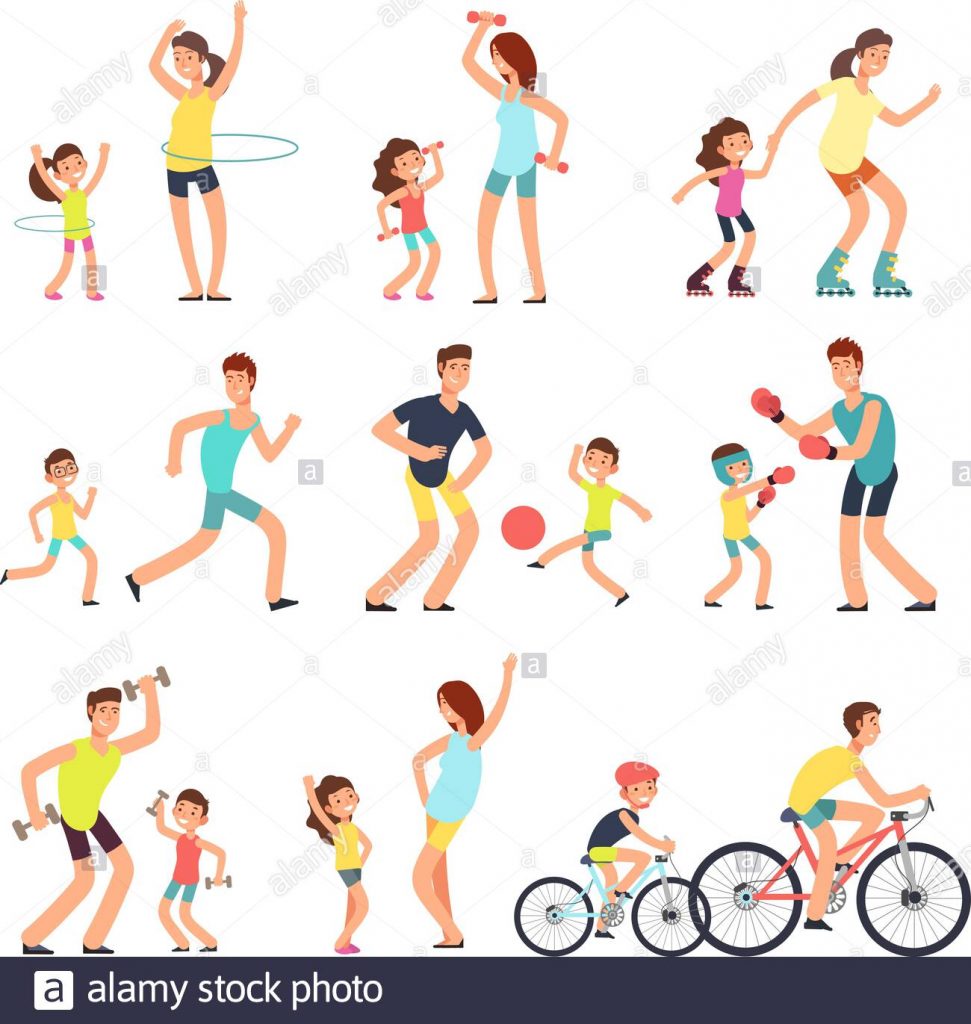
Multi-Systemic Therapy (MST)
Multi-Systematic Therapy addresses the multiple causes of serious anti-social behaviour or any other socially unacceptable behaviours. The MST tries to improve the child, adolescent, and youth’s real-world functioning by changing their usual surroundings – home, school, and neighbourhood – in ways that promote prosocial behaviour while decreasing anti-social behaviours. Various therapies inform the specific treatment techniques used in MST, including behavioural, cognitive–behavioural, and family therapies.


